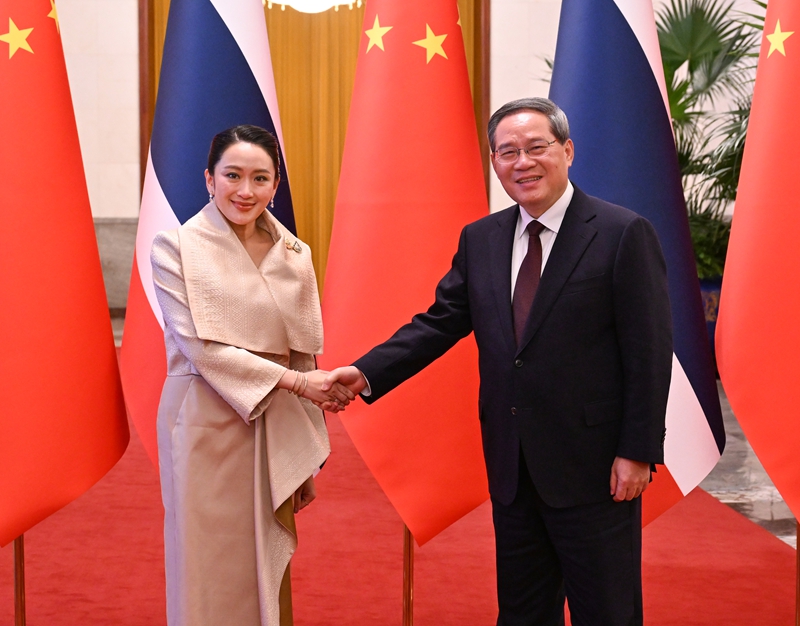Putin's Next Iron Order: Railways Must Be Repaired, Russia Owns 30 Nuclear Submarines, Ignoring Trump's Threat
Putin's Next Iron Order: Railways Must Be Repaired, Russia Owns 30 Nuclear Submarines, Ignoring Trump's Threat
Source: Junge's talk On August 3, Russian President Putin personally hosted an event at the "Railway Workers' Day" and issued an important directive: Russia must develop railway transportation on a large scale..._Sina.com
On August 3, Russian President Putin personally hosted the event at the "Railway Workers' Day" and issued an important directive: Russia must develop railway transportation lines on a large scale to consolidate its position as a logistics hub in the Eurasian continent.
This decision has sparked heated discussions from the outside world, especially in the context of the current tension in Russia-US relations and the continued economic sanctions against Russia in Europe. Why does Putin focus on railway construction at this time? Why is he so sure about Russia's future?

At present, Russia is facing multiple external pressures. The Trump administration has previously set a "10-day armistice deadline" for Russia, and the United States has also threatened to send two nuclear submarines to key waters in an attempt to force Russia to compromise through military deterrence.
However, Putin does not seem to be concerned about this. His choice to focus on railway construction at this sensitive moment is obviously behind his deeper strategic considerations.
Putin's confidence comes from three aspects.
First, he believes that the goal of a special military operation can eventually be achieved, and once the operation is over, Europe will have to resume trade ties with Russia.
As an important logistics channel connecting the Eurasian continent, railways will play a key role in the future. Secondly, Putin firmly believes that the United States' fear of China will limit its military operations against Russia.
The all-round competition between China and the United States in the fields of economy, technology, military and other fields has made the United States unable to "do its best" on the Russian issue.
Finally, Russia's own military power, especially its nuclear deterrence capabilities, also provided confidence for Putin.
Data shows that the Russian Navy owns about 30 nuclear submarines, 10 of which are strategic nuclear submarines, which keeps Russia always tough in the face of the threat of the United States.

But Putin's railway plan is not without controversy. Russia's current trade volume with Europe has been greatly reduced, with only a few countries such as Hungary and Slovakia maintaining close economic and trade exchanges, and the demand of these countries is obviously not enough to support such a huge railway investment.
In addition, Russia's domestic economy faces serious challenges due to sanctions, and the huge amount of funds required for railway construction may be unsustainable.
Nevertheless, Putin's strategy is not without basis. In recent years, the bilateral trade volume between China and Russia has continued to grow, reaching US$240.11 billion in 2023, of which energy cooperation accounts for an important proportion.
The promotion of China's "Belt and Road" initiative also provides opportunities for China and Russia to cooperate in the field of infrastructure.
Putin obviously hopes to strengthen economic ties with China through railway construction while preparing for the future recovery of Russia-Europe trade.
At the same time, the United States is also trying to reverse the situation through diplomatic means. Trump has sent special envoys for the Middle East to Moscow and Kiev, hoping to find a breakthrough during the armistice period.
However, as Russia and the United States continue to escalate military and economic confrontation, any diplomatic efforts seem to be ineffective.
Putin's "iron order" seems out of touch with the coronavirus, but it is actually part of his long-term strategy.
He bets on Russia's victory, China's support and the US's fear. However, whether this plan can work will take time to test.





